EDITORIAL
Published on 16 Sep 2022
Editorial: Avian behavioral and physiological responses to challenging thermal environments and extreme weather events
doi 10.3389/fevo.2022.1034659
- 2,550 views
- 2 citations
7,431
Total downloads
52k
Total views and downloads
EDITORIAL
Published on 16 Sep 2022
ORIGINAL RESEARCH
Published on 03 Jun 2022

ORIGINAL RESEARCH
Published on 19 May 2022
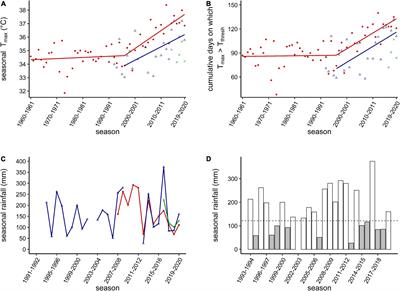
ORIGINAL RESEARCH
Published on 14 Apr 2022
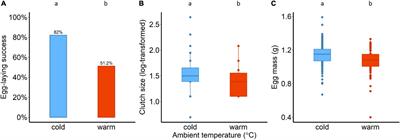
ORIGINAL RESEARCH
Published on 12 Apr 2022
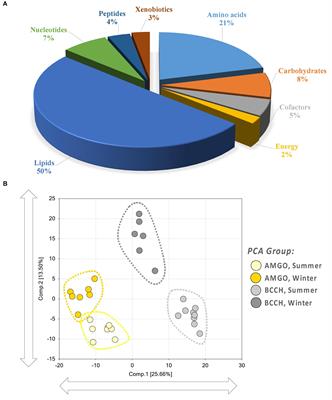
ORIGINAL RESEARCH
Published on 23 Mar 2022
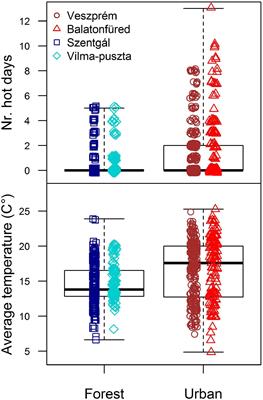
ORIGINAL RESEARCH
Published on 04 Mar 2022
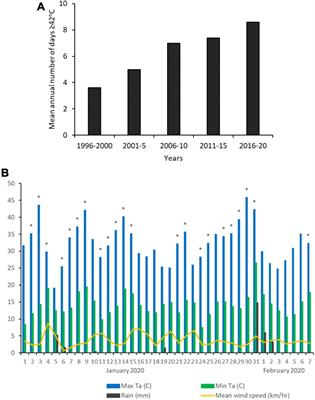
ORIGINAL RESEARCH
Published on 18 Feb 2022
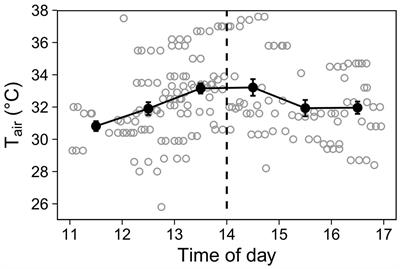
ORIGINAL RESEARCH
Published on 24 Dec 2021
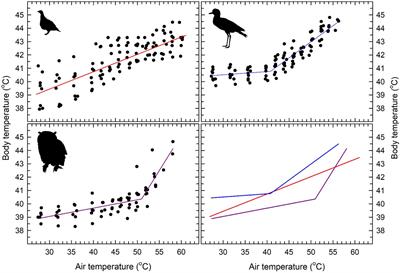
ORIGINAL RESEARCH
Published on 16 Dec 2021
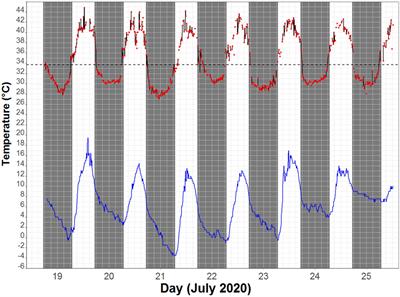
ORIGINAL RESEARCH
Published on 12 Nov 2021
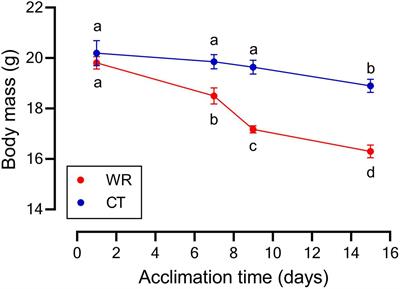
ORIGINAL RESEARCH
Published on 06 Sep 2021
